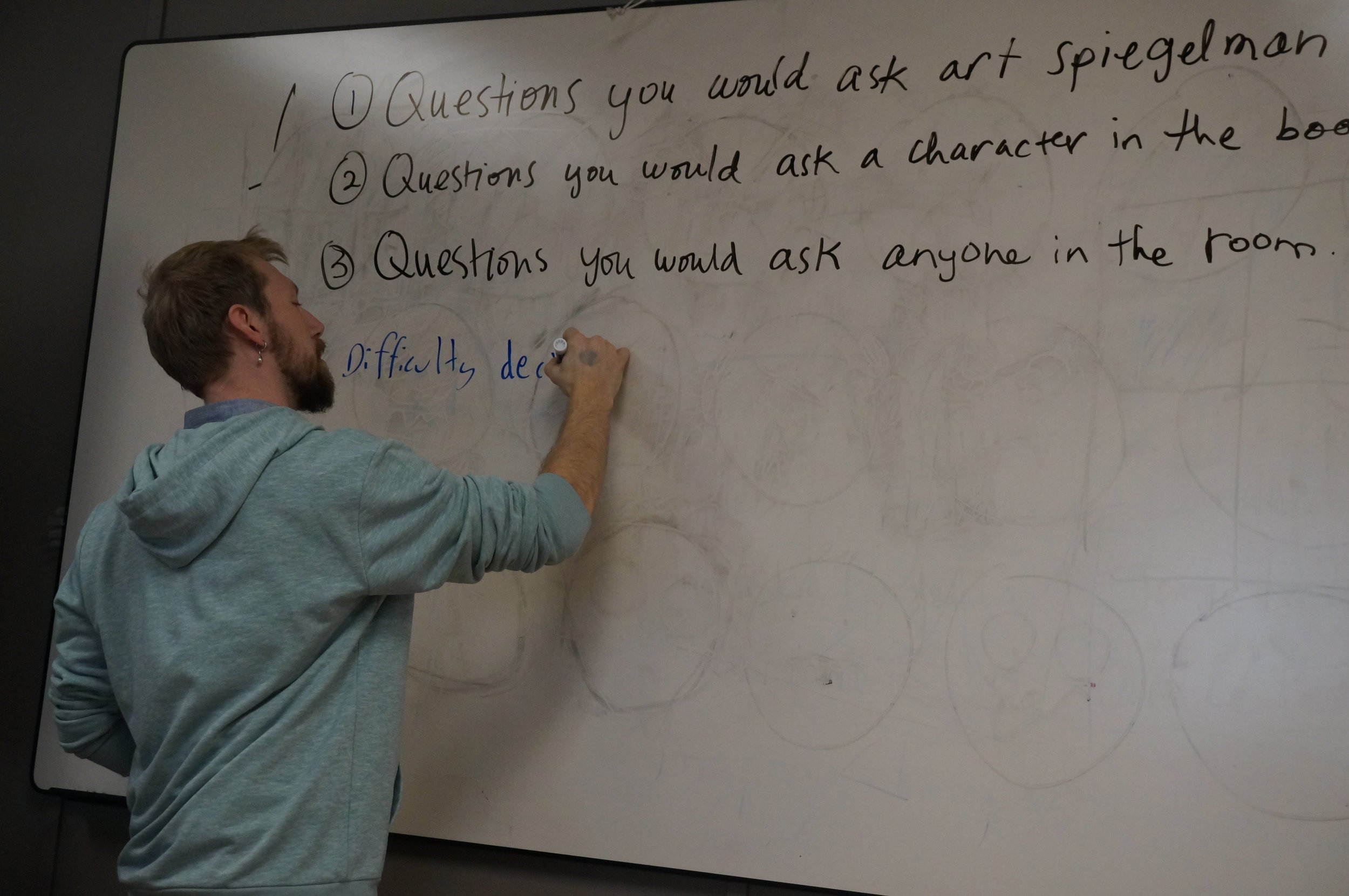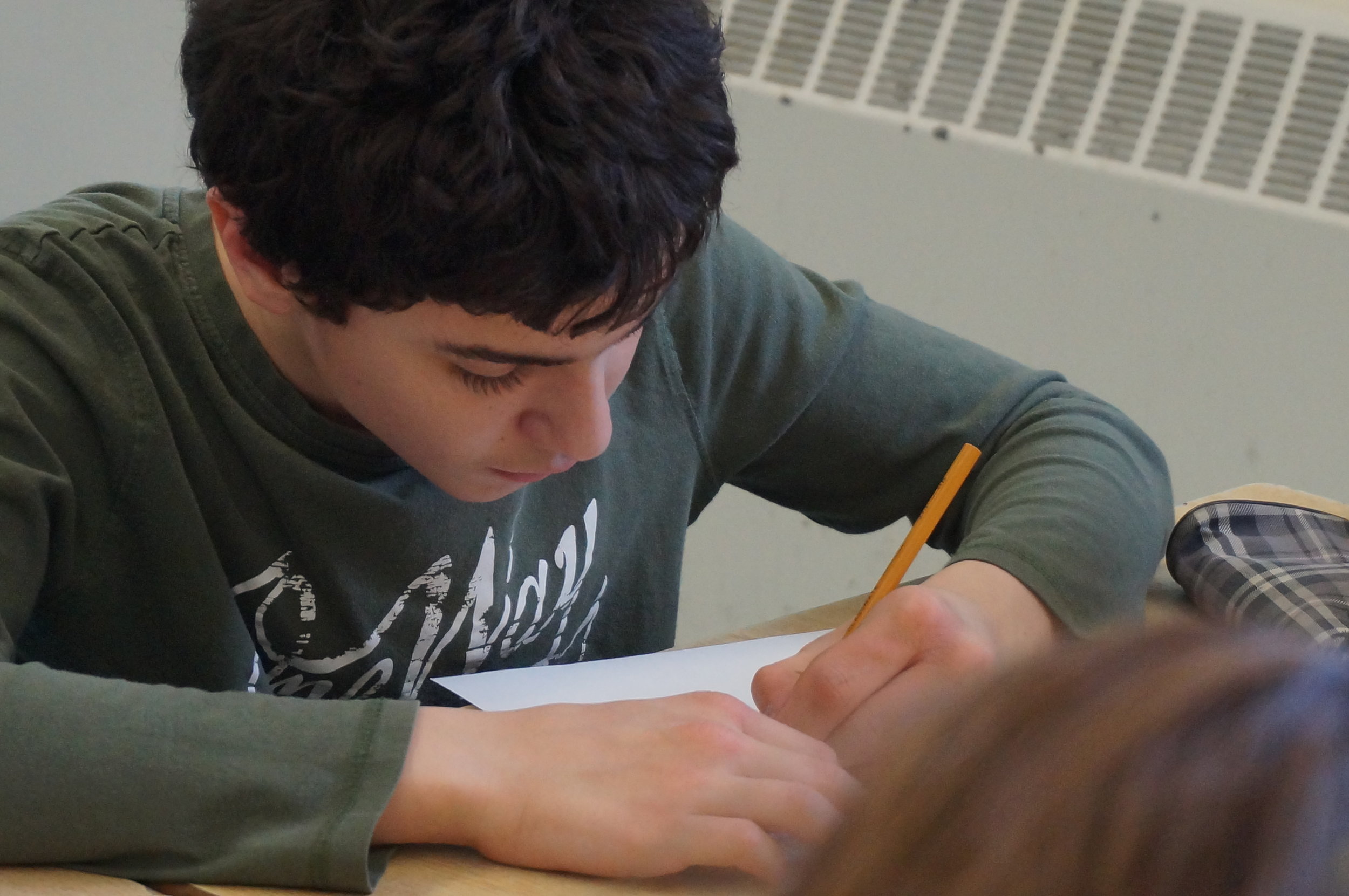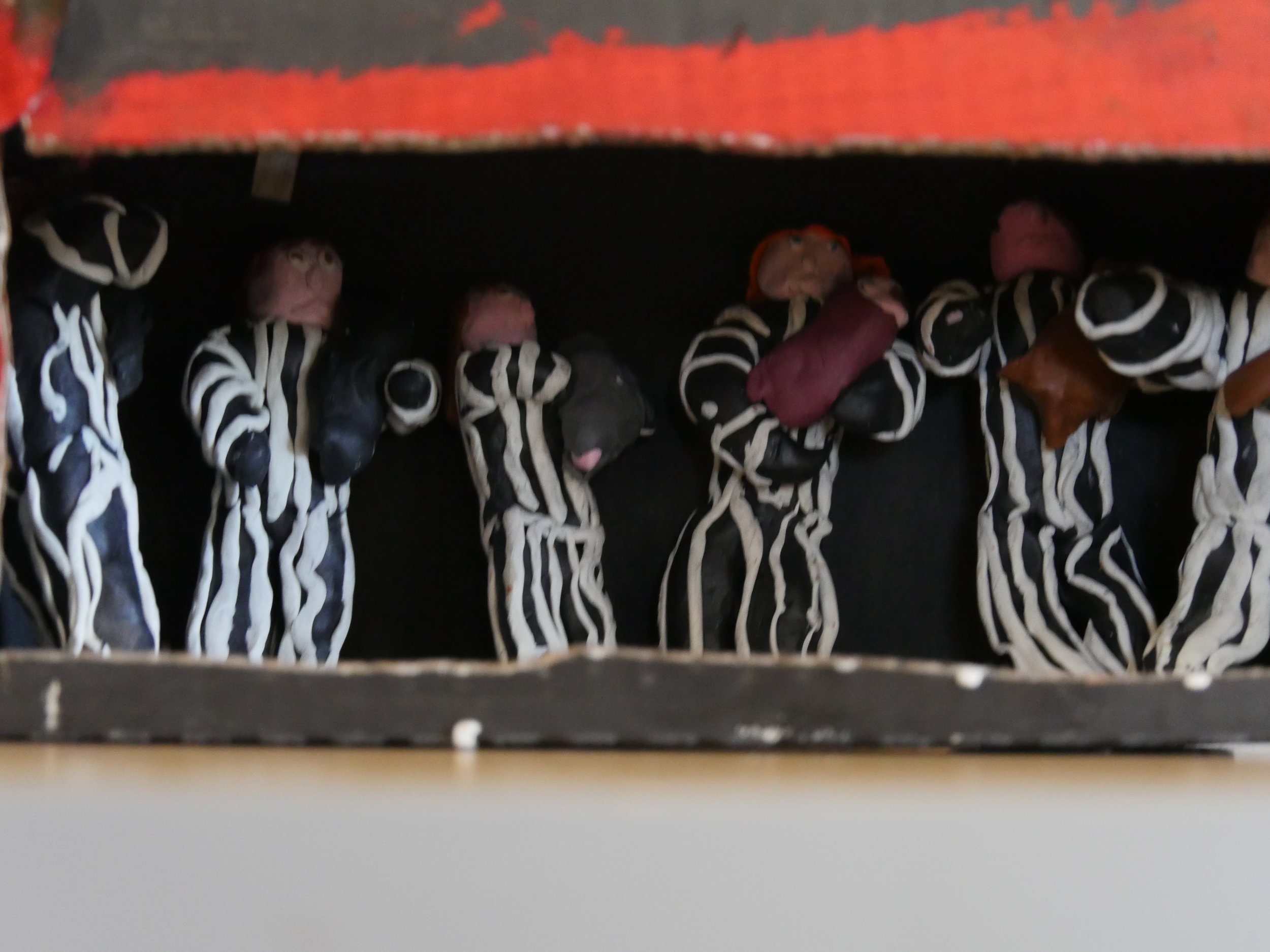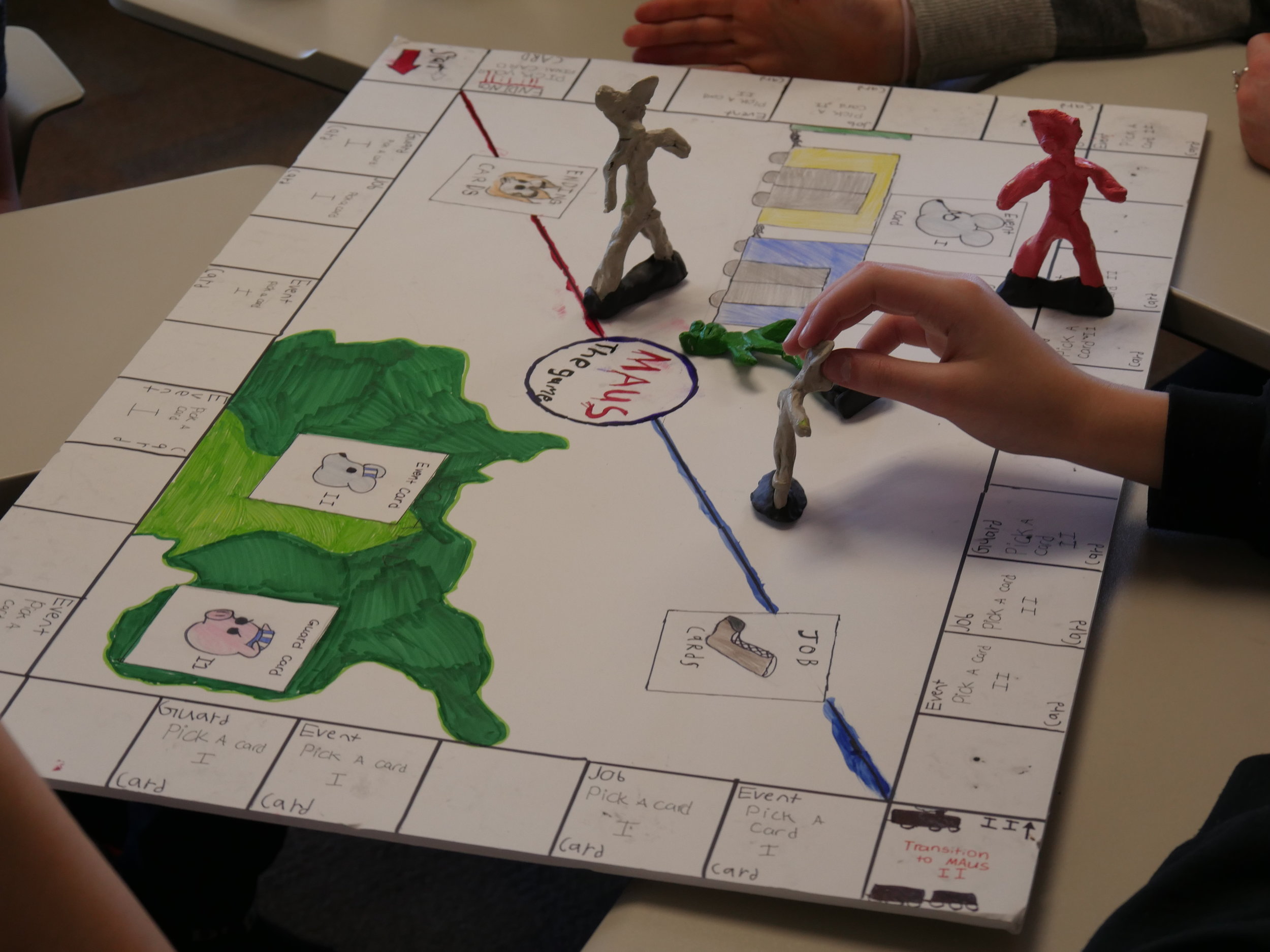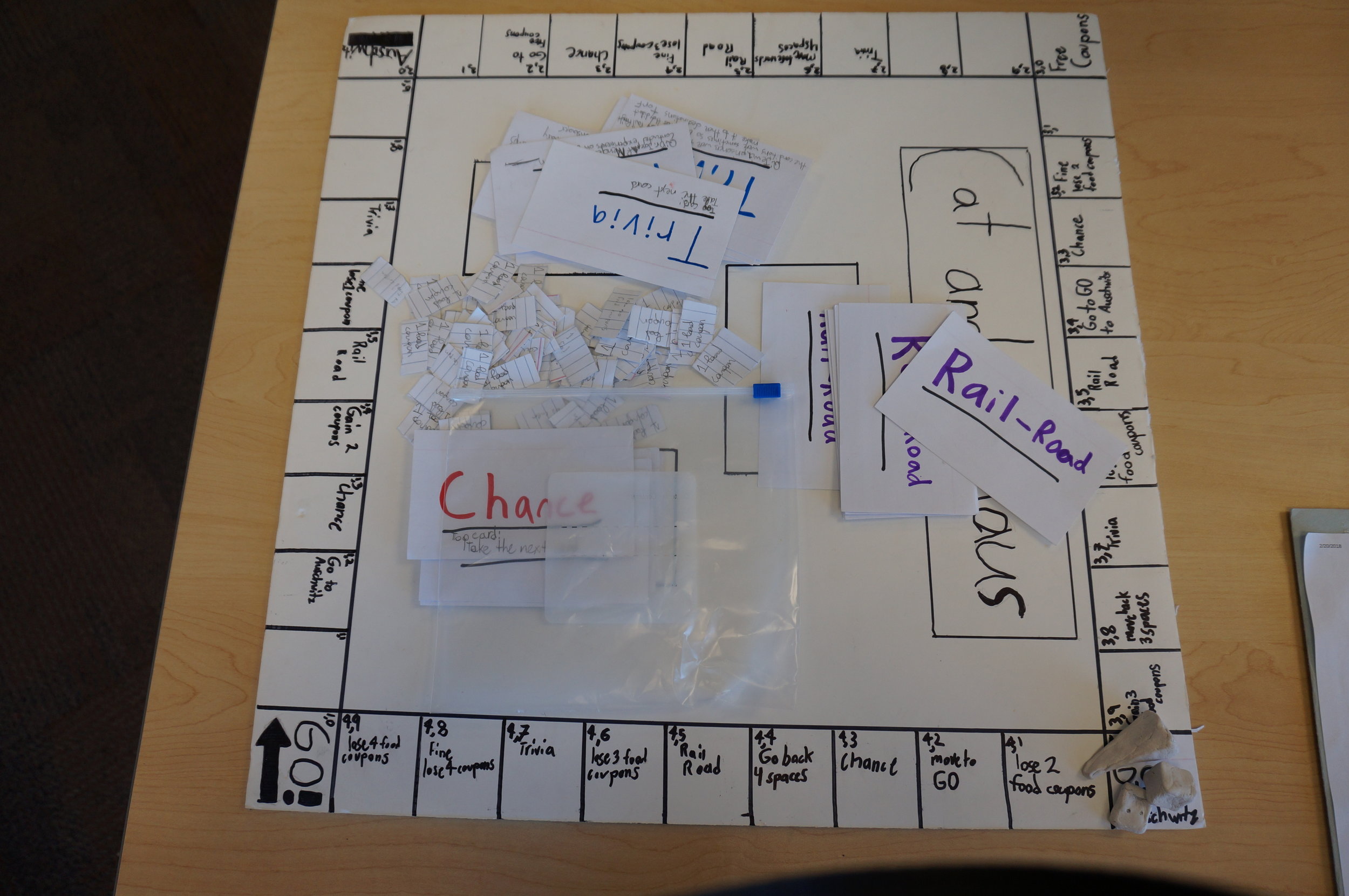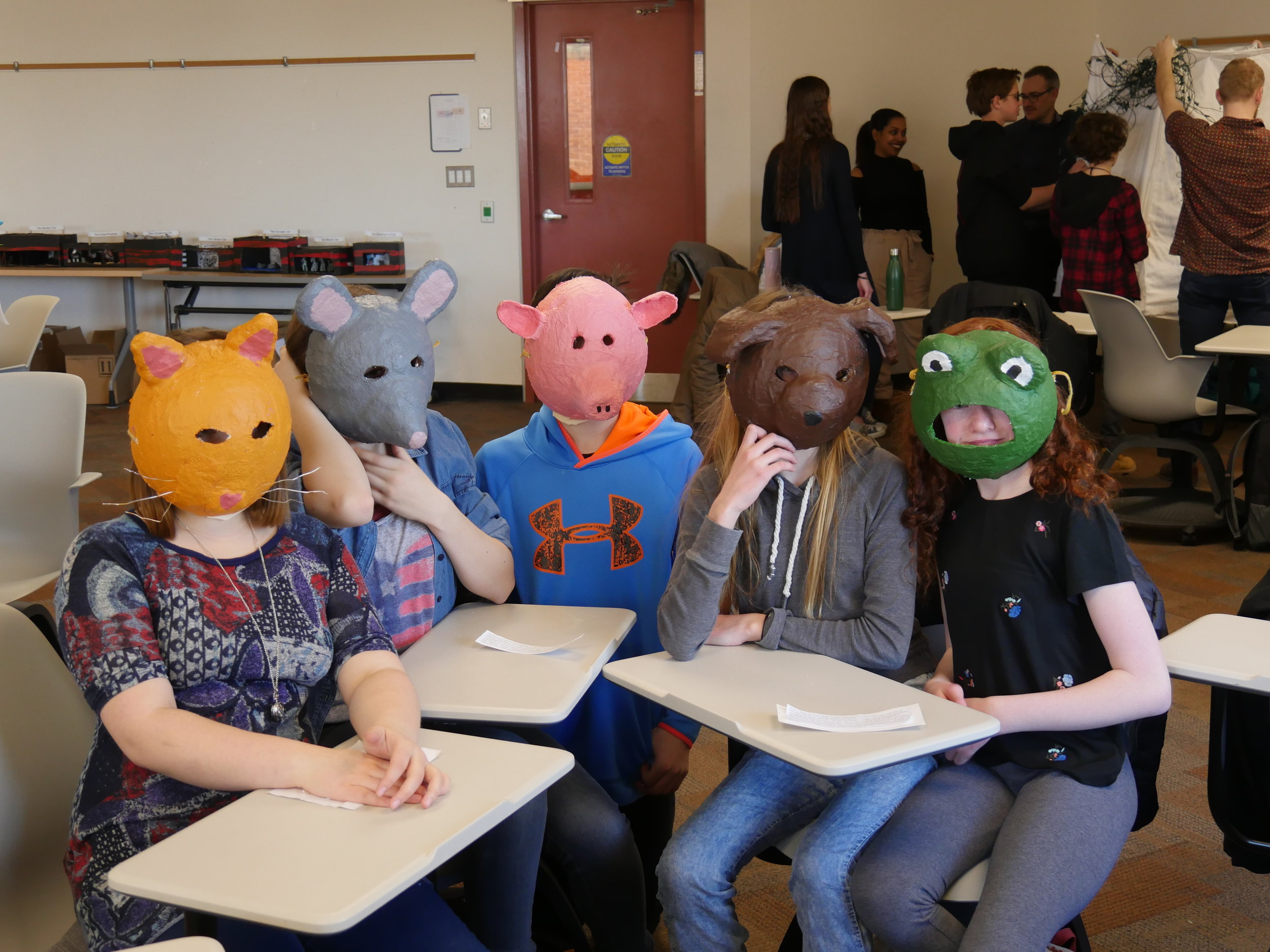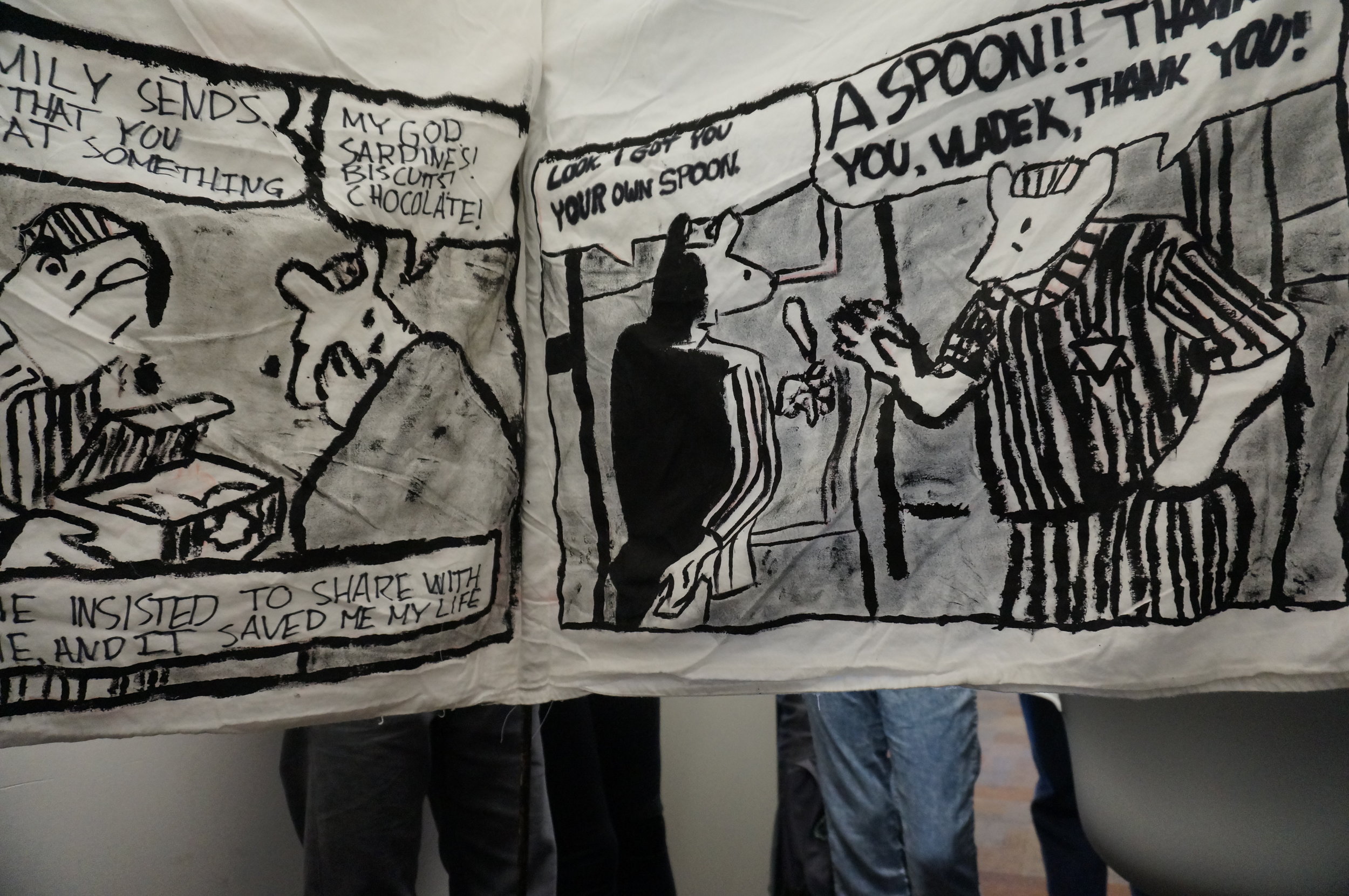Remaking Maus: 2018
In 2018, eighth grade students from Delta Senior Alternative School and teacher candidates from the Ontario Institute for Studies in Education (OISE) at the University of Toronto read Art Spiegelman's (1986) graphic memoir Maus. Maus is a graphic retelling of Spiegelman’s relationship to his father, Vladek, who shares his story of surviving the Holocaust. Much as the book documents Spiegelman’s struggles to come to terms with being the child of a Holocaust survivor, the students and teachers grappled with questions about identity, memory, empathy, and the enduring legacies of historical trauma.










